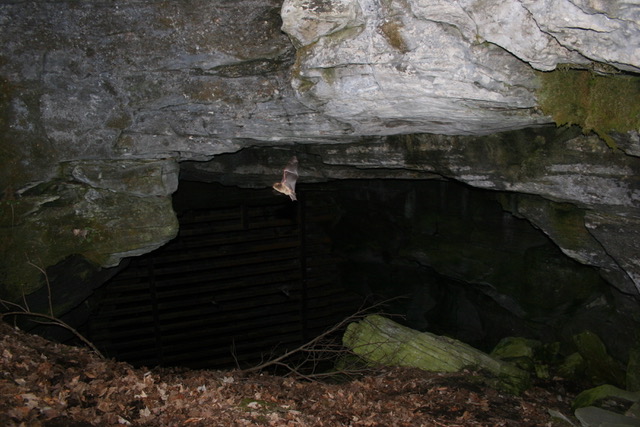Elevate your local knowledge
Sign up for the iNFOnews newsletter today!
Sign up for the iNFOnews newsletter today!
Selecting your primary region ensures you get the stories that matter to you first.

OKANAGAN – Bat activity increases in the Okanagan as the weather warms up and local experts are asking the public to keep an eye out for unusual activity that may signal a diseased bat.
White Nose Syndrome is a fungal disease that has killed millions of North American bats. It was found in Washington State in March 2016, causing experts to sound the alarm here in B.C., according to a release from The Okanagan Community Bat Program.
To date, no infected bats have been found in the province and experts want to keep it that way.
"The Okanagan is home to 14 species of bats. They all eat insects, including those that impact the agricultural and forest industry and those that are disease-spreading pests such as mosquitoes,” Paula Rodriguez de la Vega, Okanagan Community Bat Program coordinator says in the release.
Monitoring local bat activity is one way to help the Okanagan Community Bat Program. Report dead bats or any daytime bat activity to the local Community Bat Project at 1-855-922-2287 extension 13 or at okanagan@bcbats.ca.
Never touch bats with bare hands. If a pet has been in contact with a bat, contact a physician or local public health authority or veterinarian immediately.
“Currently there is no treatment for White Nose Syndrome. However, mitigating other threats to bat populations and preserving and restoring bat habitat may provide bat populations with the resilience to rebound,” Rodriguez de la Vega says.

To contact a reporter for this story, email Kim Anderson or email the editor. You can also submit photos, videos or news tips to the newsroom and be entered to win a monthly prize draw.
We welcome your comments and opinions on our stories but play nice. We won't censor or delete comments unless they contain off-topic statements or links, unnecessary vulgarity, false facts, spam or obviously fake profiles. If you have any concerns about what you see in comments, email the editor in the link above.
News from © iNFOnews.ca, . All rights reserved.
This material may not be published, broadcast, rewritten or redistributed.

This site is protected by reCAPTCHA and the Google Privacy Policy and Terms of Service apply.
Want to share your thoughts, add context, or connect with others in your community?
You must be logged in to post a comment.